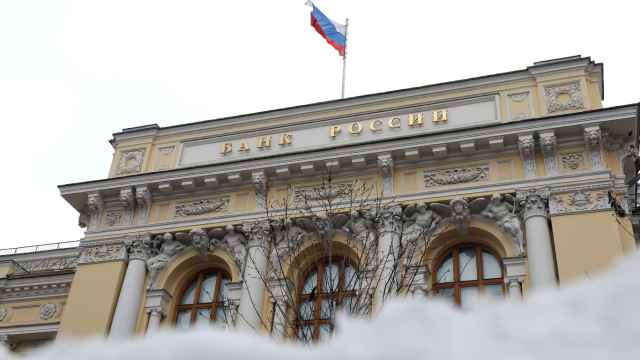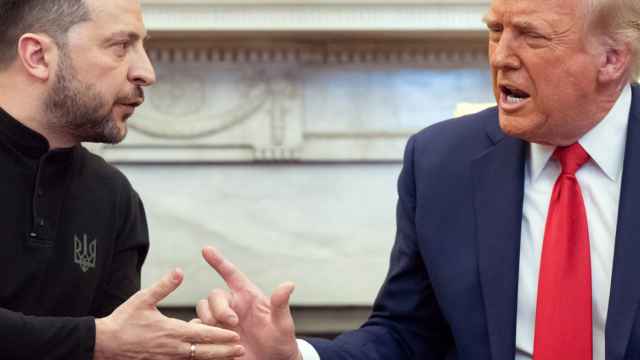On May 19, the legislation prohibiting Russian officials from holding bank accounts abroad or owning foreign-issued shares and bonds came into force. It would seem at first glance like a very useful law. But this law will probably only have a limited impact on capital outflow because public servants will simply use more discreet and ingenious ways than before of hiding assets abroad.
Though the authorities seem to understand how damaging state corruption is for the country, this law is the result of a populist reaction by President Vladimir Putin. It is not surprising, therefore, that the ban on foreign investment does not target the causes of state corruption but only one of its visible and embarrassing consequences: asset flight.
Why should a senior official not be able to hold assets abroad as long as they have been legitimately earned and declared? He might be called "unpatriotic" for doing so, but it should be legally possible for him to take this risk. The underlying reason why it is now illegal is that the wealth amassed by many politicians and civil servants is suspected to be the proceeds of corruption.
State corruption feeds on permanent bureaucracies that allow close personal relationships and long-lasting business ties to be established. Both in Russia and abroad, the wealth of a career politician should always be seen with suspicion. If political terms in office at all levels were limited to a maximum of two re-elections or reappointments, graft and cronyism in government would undoubtedly decline.
But such term limitations are not implemented for the simple reason that they would go against the financial interests of the very people who are charged with passing them into law. Naturally, public servants will resist all changes that are not in their interest, and it is therefore surely not a coincidence that the final version of the bill signed by Putin exempts ownership of foreign real estate, the preferred type of foreign investments by wealthy public servants.
The new law limiting foreign investments of senior officials can therefore best be described as only a bandage on the gunshot wound of state corruption from which Russia is hemorrhaging.
Finn Andreen writes about culture, politics and the problems of modernity on commentandoutlook.blogspot.ru
Related articles:
A Message from The Moscow Times:
Dear readers,
We are facing unprecedented challenges. Russia's Prosecutor General's Office has designated The Moscow Times as an "undesirable" organization, criminalizing our work and putting our staff at risk of prosecution. This follows our earlier unjust labeling as a "foreign agent."
These actions are direct attempts to silence independent journalism in Russia. The authorities claim our work "discredits the decisions of the Russian leadership." We see things differently: we strive to provide accurate, unbiased reporting on Russia.
We, the journalists of The Moscow Times, refuse to be silenced. But to continue our work, we need your help.
Your support, no matter how small, makes a world of difference. If you can, please support us monthly starting from just $2. It's quick to set up, and every contribution makes a significant impact.
By supporting The Moscow Times, you're defending open, independent journalism in the face of repression. Thank you for standing with us.
Remind me later.





